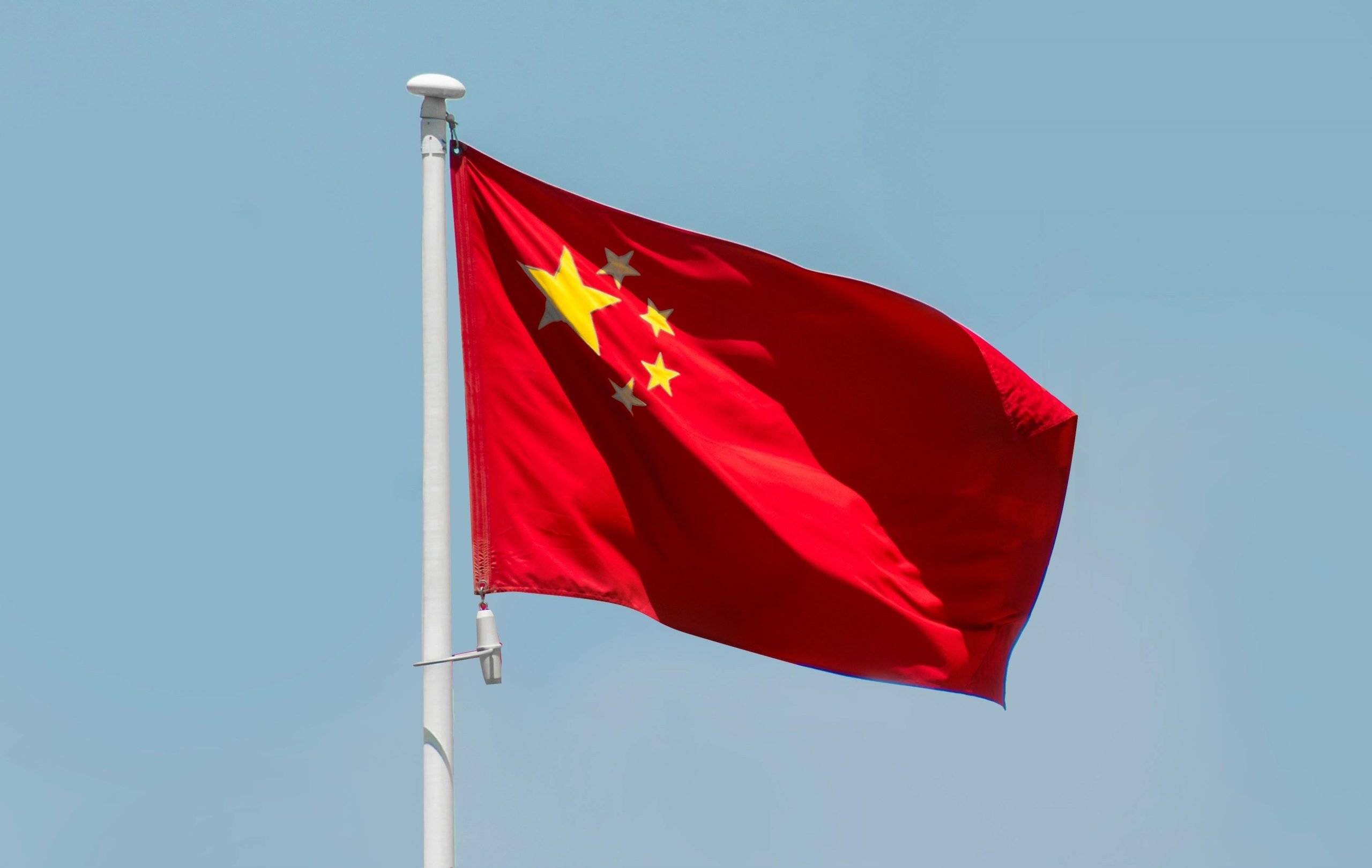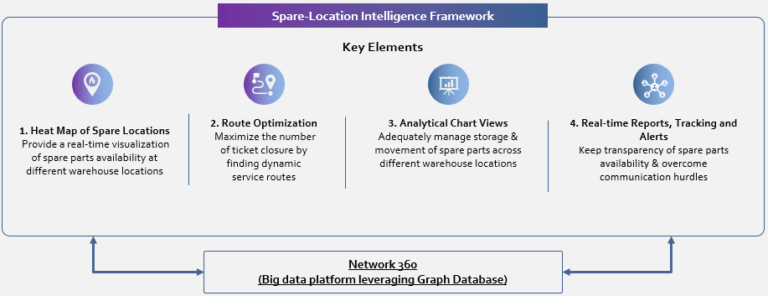
.pp-multiple-authors-boxes-wrapper {display:none;}
img {width:100%;}
Spending on cloud infrastructure services in mainland China hit $9.2 billion USD (£7.29bn) in the third quarter of 2023 accounting for 12% of global cloud spend, according to analyst firm Canalys.
The three largest vendors in China – Alibaba, Huawei and Tencent – represent almost three quarters (73%) of the market and customer spending. Alibaba Cloud has the largest market share at 39%, compared with Huawei Cloud (19%) and Tencent Cloud (15%).
Canalys noted that nurturing and prioritising partner ecosystems was a key priority for vendors; a full quarter of cloud infrastructure services spend in Q323 came through the channel. Yet this is particularly pivotal with regard to AI development and deployment. Both parties need each other; the cloud providers need the innovation from the AI companies, while the latter need the compute power – the real estate, if you will – of the former.
This can be seen in market moves over the past quarter; both Alibaba Cloud and Huawei Cloud introduced AI model development platforms, allowing third-party open source AI models to be integrated.
Canalys notes that this relative openness – in more ways than one – goes against the grain. The analyst said that the Chinese cloud services market ‘remains conservative… relying heavily on government and state-owned enterprises to drive growth.’ Yet vendors in the country remain ‘relentlessly focused’ on AI innovation and investments.
“Achieving widespread deployment of AI technology is a nearly impossible task for vendors without the help of a range of partners,” said Yi Zhang, analyst at Canalys. “This relies heavily on an AI ecosystem that includes developers, ISVs and experts, which will be vital to deliver value for customers at scale.
“Partnerships such as the ones between Salesforce and Databricks with cloud hyperscalers, including AWS and Google, indicate that cooperation between cloud vendors and service providers, as well as among different cloud vendors, is a strategic necessity,” added Zhang. “Combining technical offerings and expertise is vital for seizing market growth opportunities and driving value.”
Alibaba’s Cloud Intelligence Group reported revenues of $3.79 billion in the most recent quarter at a tick-over of 2% year-on-year. The company is the third largest IaaS provider by revenue globally, for the fifth consecutive year. Yet the headline from Alibaba’s most recent earnings report was the abandonment of plans to spin off its cloud business unit. On the AI side, Alibaba launched the Bailian platform in October, designed as a one-stop AI foundation model development platform.
To give an idea of what cloud investment means in China at provincial level, a curious press release hit the wires on December 27 from the Department of Industry and Information Technology at Hebei Province. Hebei is China’s sixth-most populous province but number one on adoption of cloud technologies for the second consecutive year, at a cited figure of more than 90,000 enterprises and 21.2% of industrial equipment.
Photo by aboodi vesakaran
Want to learn more about cybersecurity and the cloud from industry leaders? Check out Cyber Security & Cloud Expo taking place in Amsterdam, California, and London. Explore other upcoming enterprise technology events and webinars powered by TechForge here.






